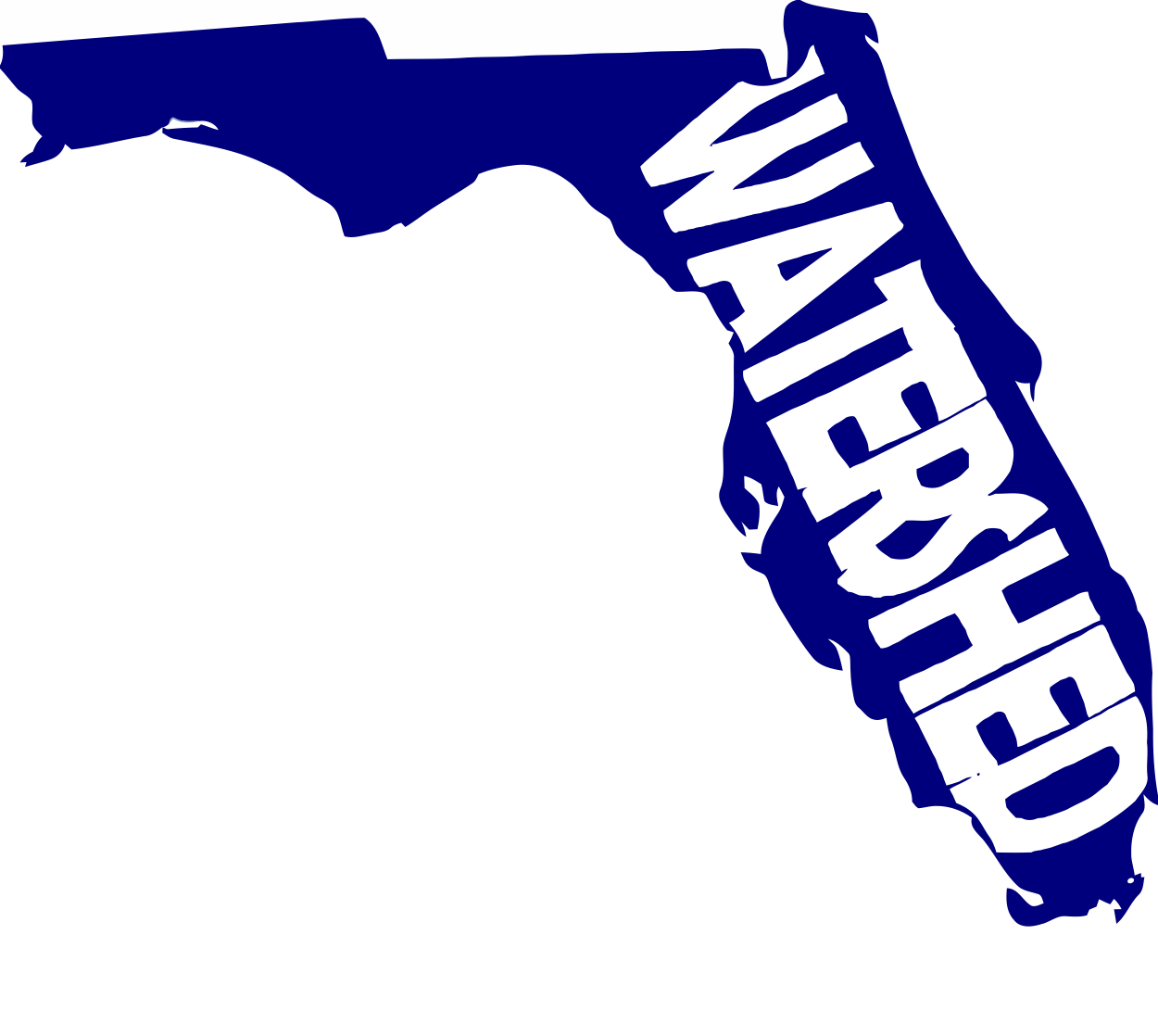Between a Rock and a Hard Place
The pine rockland ecosystem is a mixture of a slash pine canopy, scrubby ground layer, and fossilized coral reef. Rocklands once spanned 185,000 acres, but over nearly 100 years of south Florida development, that has shriveled to less than 2% of the original range. An incredible amalgam of rare and endangered plants and animal species rely on the globally-imperiled pine rockland, including the Florida bonneted bat, Bartram’s hairstreak butterfly, and the Miami tiger beetle.
Pine rocklands. Photo by Daniel Ward.
Fossilized coral lies underfoot in the pine rocklands. Photo by Anna Hamilton.
Today, a pocket of pine rockland is mired in controversy. Parts of a property surrounding Zoo Miami are slated for two separate development plans: One, a proposed apartment and shopping center complex with stores like Walmart, Chik-Fil-A and L.A. Fitness. The other is a 20th Century Fox theme park ironically named Miami Wilds.
These plans have provoked the ire of many people and organizations. On Saturday of Martin Luther King Day weekend, over 700 concerned Floridians gathered for the Rally for the Rockland to protest the planned developments. Their concern is shared by the Center for Biological Diversity, Pine Rockland Coalition, Sierra Club, the South Florida Wildlands Association, among others.
Bruce Wayne, a baby bonneted bat under the care of Dr. Frank Ridgley at Zoo Miami. Bonneted bats rely on the pine rockland ecosystem. Photo by Daniel Ward.
'Rally for the Rocklands' protestors head from Zoo Miami to the proposed shopping center site. Photo by Daniel Ward.
What’s galling for the rally organizers is what’s at stake if this globally-imperiled ecosystem is developed. What does it say about our state, that commercial development is privileged over ecosystem and resource management? More than that, what does it say about Florida, that we’re even having this conversation?
“This is Martin Luther King weekend, I keep thinking about that. There was a time when segregation in the South was considered normal. To some extent, our attitudes about wildlife and habitat need to change dramatically. We need to say that it’s not OK to take rare habitat and turn it into commercial development. We need to have that same negative connotation that comes up when you think about segregation and apartheid—we need to have that with habitat destruction. If we’re going to develop, there are other ways to develop.”
Miami Herald reported on the Rally for the Rockland, as did WLRN. Learn about Zoo Miami's pine rockland preservation. Find out more about the plethora of pine rockland species like the Florida bonneted bat, the Miami tiger beetle (the vicious "Godzilla monster" of the ecosystem), and Bartram's hairstreak through the Center for Biological Diversity. Stay tuned for updates from the South Florida Wildlands Association.
As always, you can listen to this week's episode with the SoundCloud player at the top of the page. Subscribe to Watershed via iTunes. Listen to us via SoundCloud. Connect with us on Facebook and Twitter.




